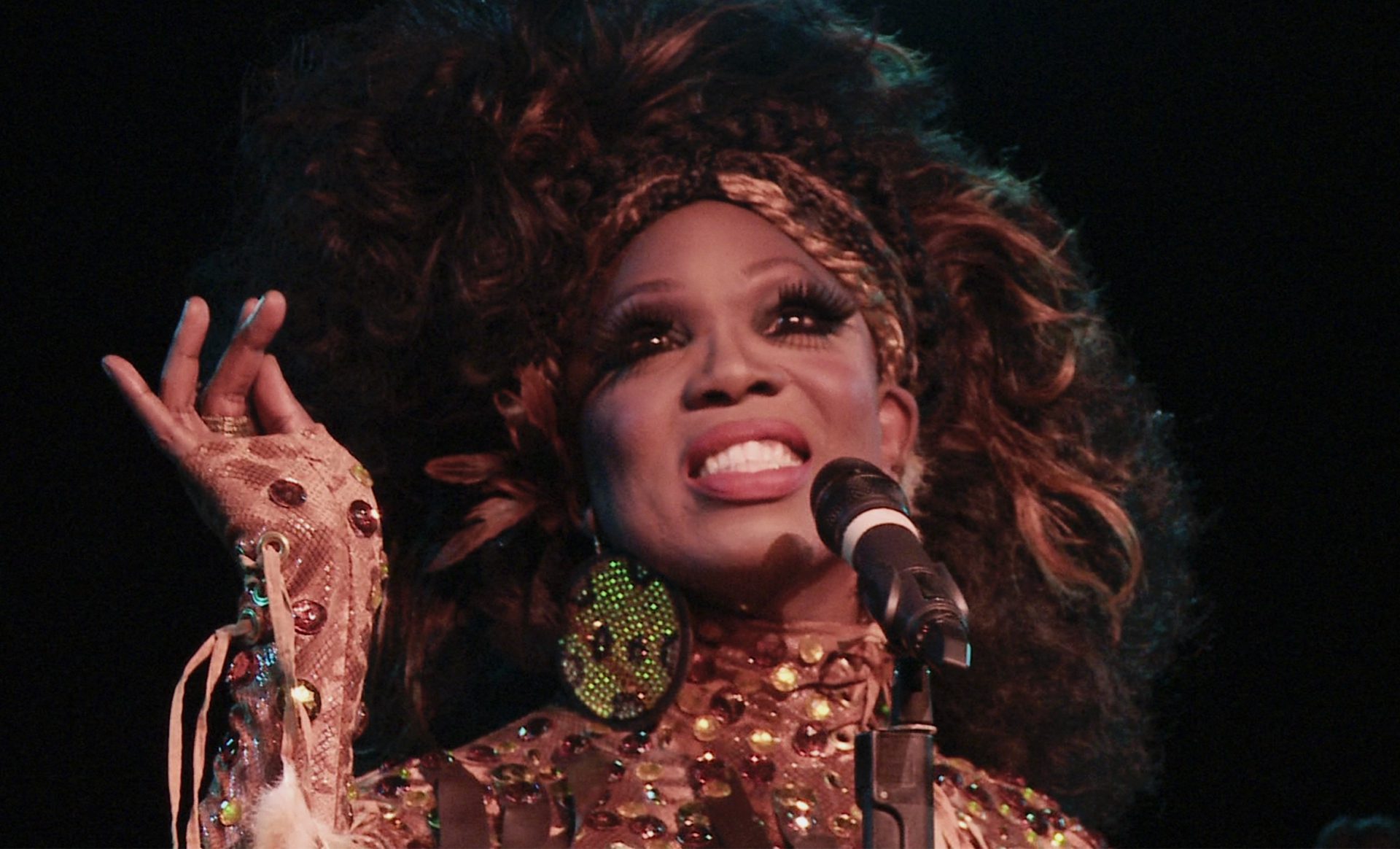
After a triumphant screening at the 2021 Tribeca Film Festival, and over 30 festivals on four continents, Emily Branham‘s debut feature documentary is now available for the world to see. Being BeBe, which took 15 years to reach the public, chronicles the incredible journey of Marshall Ngwa, who is famously known as the iconic drag artist BeBe Zahara Benet.
From leaving Cameroon where being gay is illegal to winning the inaugural season of the groundbreaking reality competition series RuPaul’s Drag Race, Being BeBe is an intimate and inspiring story of unwavering faith and self-discovery, which also showcases the bravery of those fighting to create a more inclusive world.
Grounded by BeBe’s present-day narration, the film unfurls a time capsule of her early days as a promising amateur drag performer in Minneapolis clubs, to living in New York City and sharing her family backstory and immigrant narrative. BeBe watches and reacts vibrantly to sequences that Branham filmed with her over the years.
She took some time to chat with Instinct about reacting to footage from years past, the choice to highlight the LGBTQ experience in Cameroon, her thoughts on Drag Race, and what we can expect from her next.
Can you begin telling us how the idea for Being BeBe came about and why you wanted to move forward with it?
I was first introduced to Emily Branham, the amazing director and filmmaker of the movie, when she came to visit Minneapolis. At that time, I was running for a national pageant back in the day. Wanting to make yourself known in the industry, you run for drag pageants and that’s how you create a name for yourself—travel, make money, all that good stuff. So, I was representing Minnesota, and I was going to Dallas for the national pageant. Emily was like, “Hey, I want to help document the process between you going from Minnesota to Dallas because I think it’s intriguing.”
In that course of time, we got to have some amazing conversations and she started noticing that there was so much more to me other than just this pageantry situation. So, we had a very intimate conversation about doing some work together and telling my story to the world because she was very passionate about it. She’s like, “The world needs to get to see and hear you,” and that’s how it all came together.
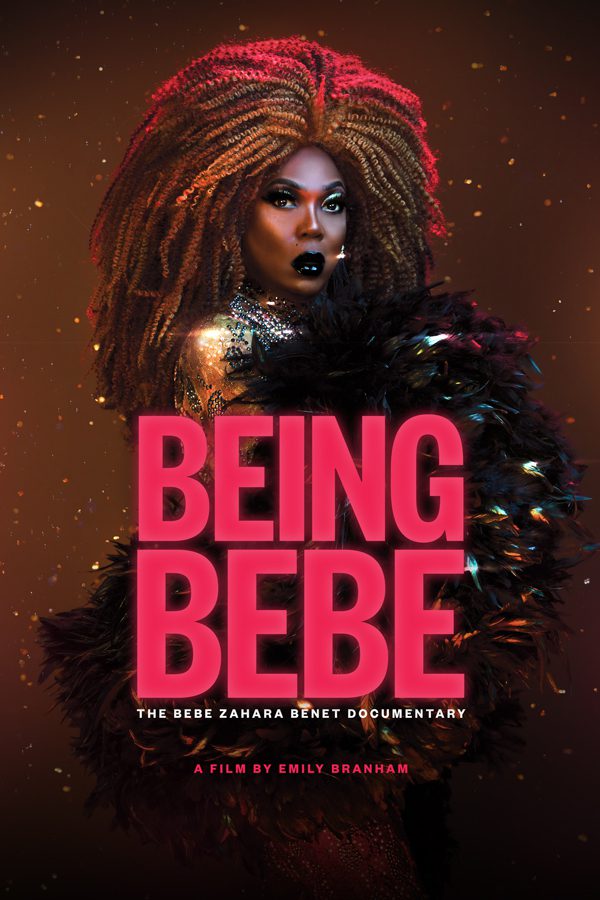
What was it like to reflect over 15 years of your life?
Oh my gosh, it was surreal because, mind you, you’re watching me watch the footage the very first time as well (laughs). Like, “Oh, my gosh, did I see that? Oh, my gosh, did I cry?” There were just a lot of oh, my gosh’s, because that was my first time seeing it. That was my life, and it’s interesting. What I’m so grateful for is the fact that someone like Emily was able to document my life and give me those memories where I can actually see those memories.
A lot of times, they just stay in our mind. I feel like when you’re always on the go, you don’t necessarily think and stay present. A lot of those moments in my life, I don’t even remember them because I’m always go, go, go, go, go. So, to be able to sit back and watch, it gave me an opportunity to really appreciate and really be present. I was able to reflect on those moments when they were happening.
Were there any parts you were kind of hesitant to talk about or showcase?
I was hesitant when it came to anything about my family because I feel like I give so much to the world, and I was looking at what I can have to myself without always sharing. Not that I don’t want to share, but I sometimes want just a little bit of privacy. I’m a private person by nature, but my family is so dear to me, so I am very protective. Just as they are protective of me, I am very protective of them. So, I had to really build trust with Emily, which those expectations were met.
Also, she really—which I’m happy she did—she never took a “no.” She was brilliant, because every time I would fight her on something, she would try to find a way because she knew it was important for the world to see that backbone that I have. A lot of time, people think, “Oh, you’re just this thing,” and they don’t know that it takes a village. It takes all these other people, it takes your tribe, to be able to be there.
Those are the stars. My family, my creative team, my dreamers—Those are the ones that make it happen, and she let me know that it was very important to share that story, especially the story of my family. Hopefully, it creates more conversations with other families and how other families get to deal with humans and human beings like us.
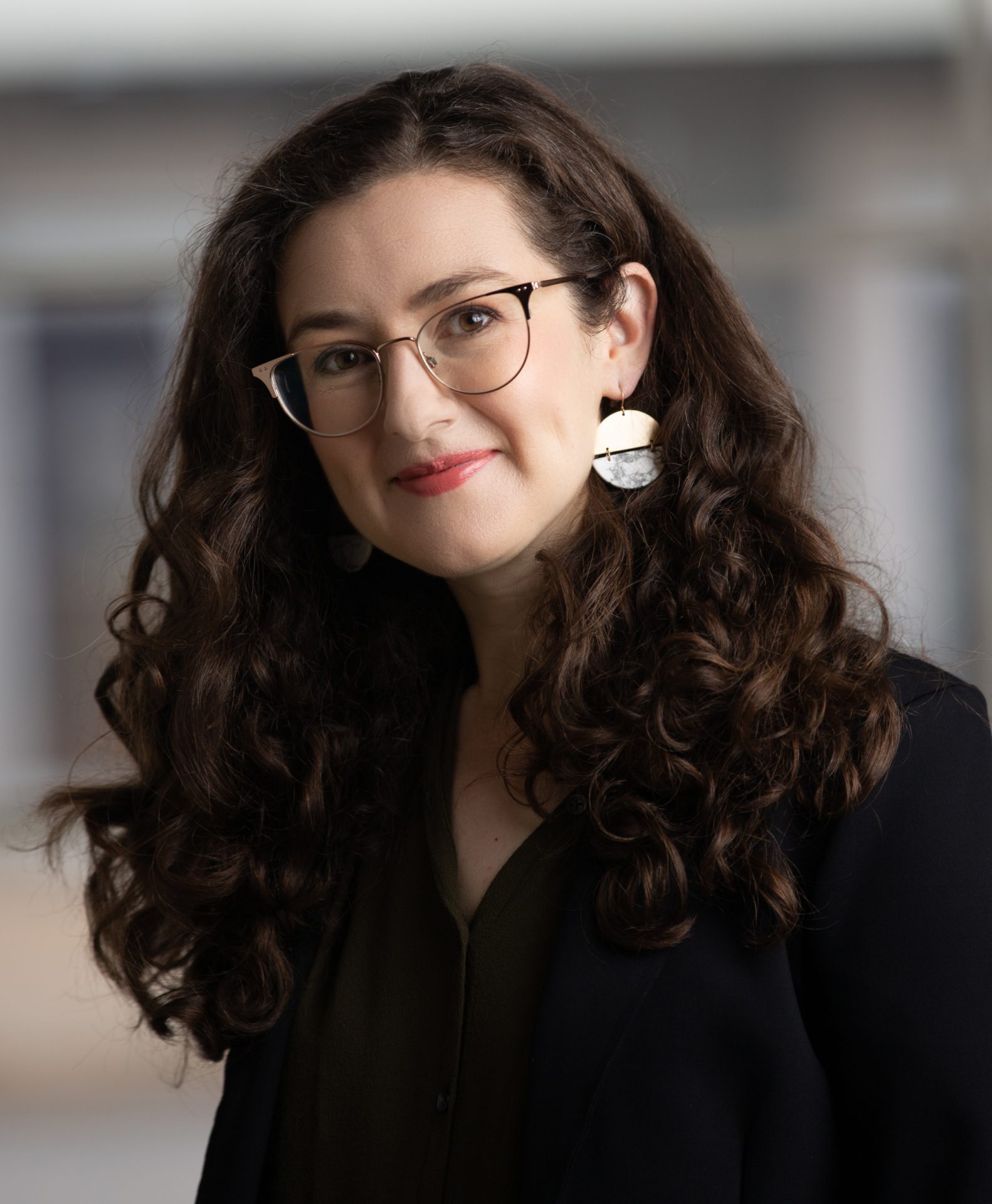
What do you hope the film reveals about you as a drag artist?
That drag is just a part of who I am. I feel I am an artist first before drag, and how I choose to present myself is just the icing on the cake. However, when you take that icing out, you still need to have a really good cake. A good, moist cake (laughs). I want people to know I’m that moist cake without the icing. When you watch my story, it’s not just about the journey of an artist. That’s only part of it. It’s about the human experience of being here on this Earth and being able to do what we do.
Ultimately, what do you hope audiences take away from Being BeBe?
To never stop believing and to never stop dreaming. Everybody needs to keep going, and everybody has a gift. This sounds very Mother Teresa, but it’s true. I do believe that everybody has a gift, and I think a lot of times, we are always fighting against that. Not knowing that we need to lead with our purpose. We might not know what the end journey is, but you just have to give yourself permission to keep going with that purpose. If you don’t know what that purpose is, find it. At the end of the day, it’s going to give you complete rectification and complete completion of who you are as a person when you’re all done.
Emily included some very compelling footage of what life is like for LGBTQ people living in Cameroon. Why do you think it was important for her to include that?
I think it was important for her to include that because it shows, number one, how privileged we are where we are living in America. I don’t know if my life would have been the same if I was still living in Cameroon and Being BeBe was happening there. Although there are so many issues happening here in America, we’re still privileged to have freedoms and still be part of those freedoms.
Back home and (in) so many other countries, those freedoms are not even given to us, and it’s important for people to see that, while we sit here, rejoice, and whatever, there’s still so much work to do. We have brothers and sisters out there that are calling for us to do whatever it is in our power so that they can also be able to enjoy that freedom. I feel like it should be given to everybody, so that’s why I feel like it was important to show that.
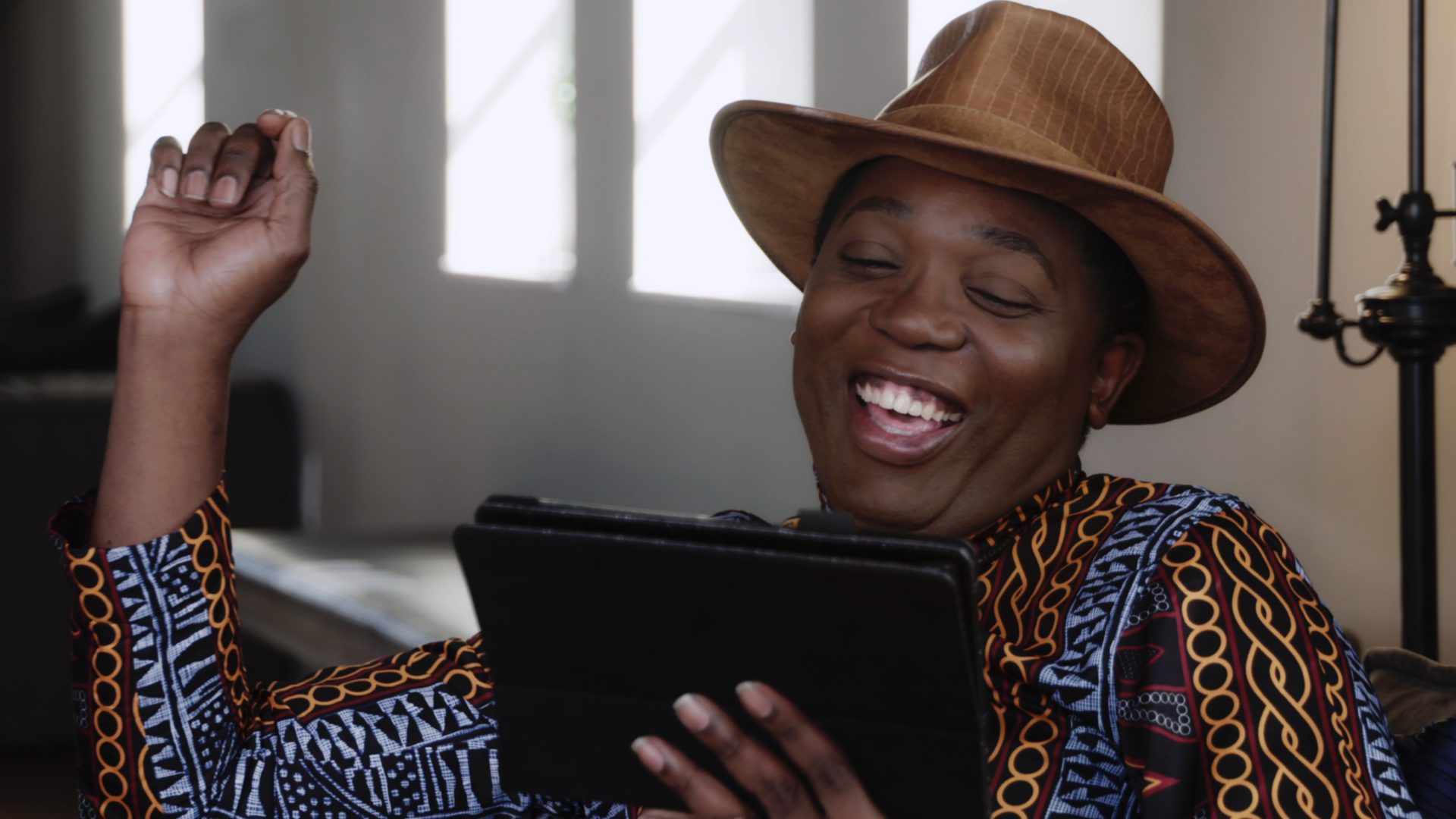
Viewers are even introduced to LGBTQ youth and activists in Cameroon who have never heard of you. They were baffled by the concept of drag being a viable career. Was that shocking to you?
Yes, because it can even be shocking for people here in America to see that drag can become a career (laughs). I think it’s evolving a little bit now with shows like Drag Race, Dragnificent!, and We’re Here because it’s giving notoriety to the art form.
I’ve always said time and time again, when I chose to do this and use this art form for myself, it’s because I knew that not only was it my gift, but it has a place in pop culture. It has a place in entertainment, and people pay a lot of money to do what we do. If you’re going to give me that money, it means that there is value in what I do. So, there is no reason why you should try to exclude it.
Nowadays, there are a lot of drag entertainers that have successful brands. I’ve been doing this for 20 years without working elsewhere, and that’s saying something.
Obviously, you catapulted to fame after competing on the inaugural season of RuPaul’s Drag Race. Looking back, did you ever expect the show to become the monumental success it is today?
Going into Drag Race, I knew there was something magical about it. When I say, “going into it,” I mean when we started filming because when I was first cast, I didn’t know anything about it. Like, RuPaul’s Drag Race? What’s that? They just threw us in, but in the process of filming, I had an aha moment. I didn’t know what it would end up being, but there was an aha moment where I was like, “This is going to do something. I don’t know what it is, how it is, when it is, but it’s going to do something because America, or the world, hasn’t seen something like this on a national scale.”
It’s so great to see how far it has come and where it’s going. It is so beautiful to see that. There’s that little person growing up and saying, “Hey, I want to be a drag entertainer.” Parents might be scared at first, but then they see Drag Race, and it gives them a whole new opinion. Despite the show’s own issues, it also comes with a lot of amazing things.
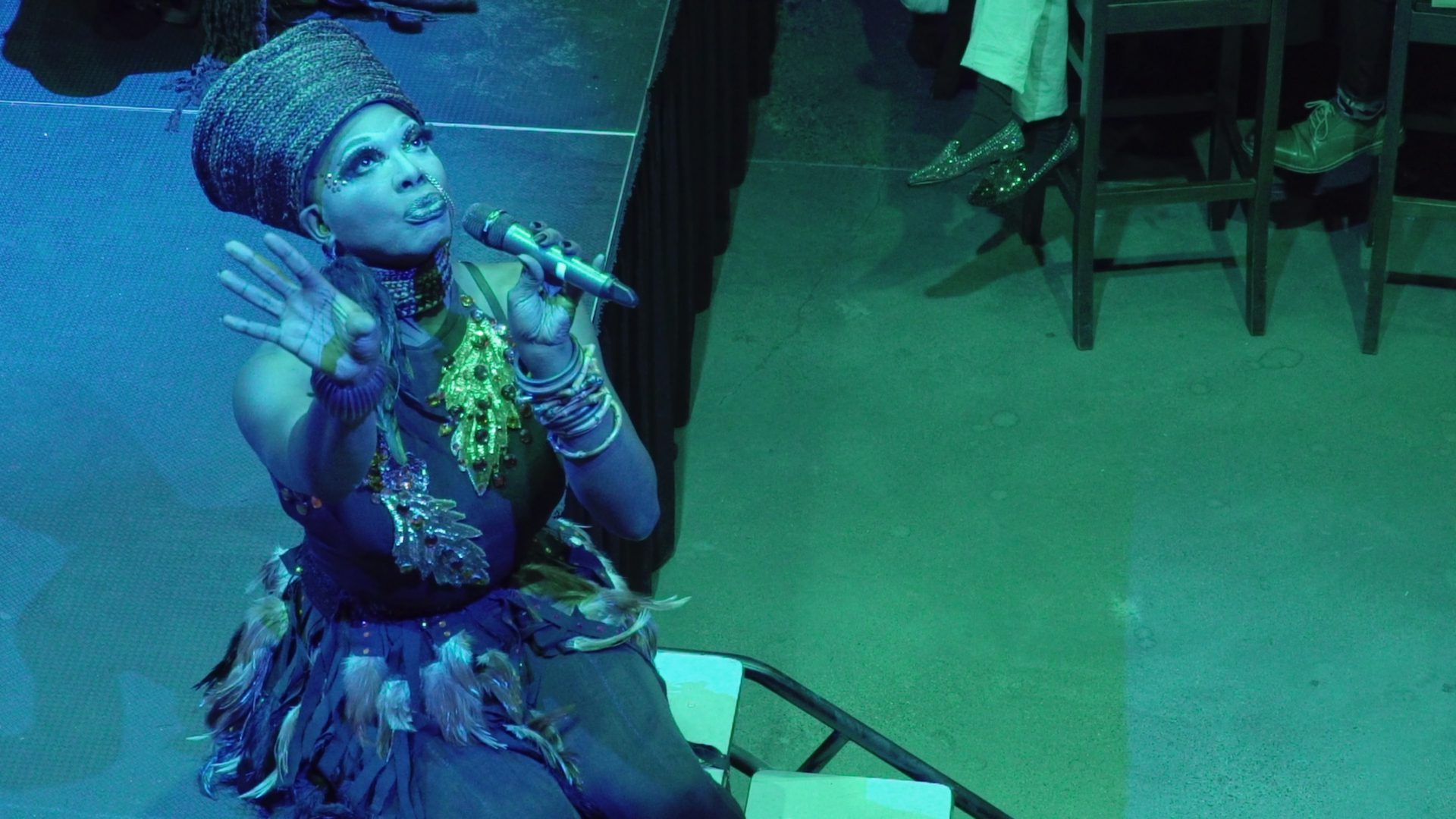
Is there anything you would have done differently on Season One or All Stars 3?
Absolutely not. Nothing. I had the same attitude going into All Stars 3 as I had in Season One, which is giving it my all but doing it with integrity. Integrity is very important for me, and I would not compromise that because I have to live with those decisions by myself. So, I was going in and I knew I was competing, but I knew that if I put my best foot forward, then the cards are going to fall exactly the way they need to fall. That was my attitude, and that has always been my attitude.
You were supposed to have a new TV show, live production, and music album in 2020, but then COVID happened and shut everything down. Are there any updates on these projects? Will they still happen?
Of course! I recently released some new music, which I’m very excited about because my fans have been like, “OK BeBe, what’s going on?” So, I have new music out, and those TV projects that we’re talking about, we are back working on them, and they will be revealed when they’re supposed to be. I’m also going on tour, so I’m staying booked and busy, which I am very grateful for.
What more would you like to accomplish with your drag career and platform?
As an artist, I want to just keep evolving. As long as I’m able to still do what I do, I want to keep evolving. I want to still be inspired and inspire others. I feel like there’s still so much. Emily has documented 15 years, but there’s so many more years to come of amazing things that I want to share with the world!
Before we wrap up, are there any other upcoming projects or anything else you would like to mention or plug?
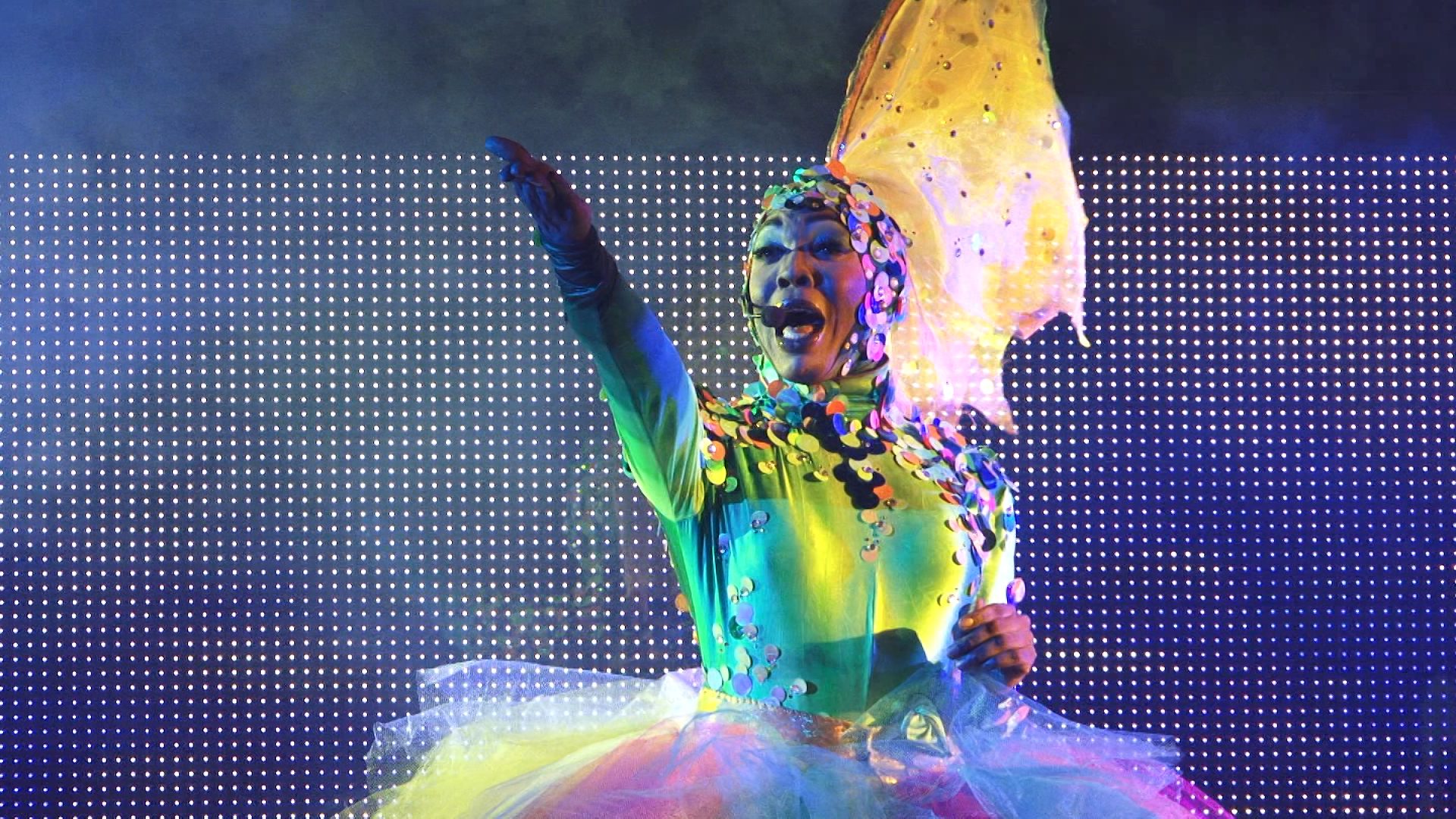
I would love people to just go and watch Being BeBe. Emily and I are just so proud of the work that has been done and the work that has been put out there. Share the love, share the story, and share the journey so that it does the work it needs to do out in the world. That’s my hope.
Stay up-to-date and connect with BeBe by following her on Facebook, Twitter, and Instagram, or visit her official website. Being BeBe is now available to stream on Fuse+, Prime Video, and Apple TV.

